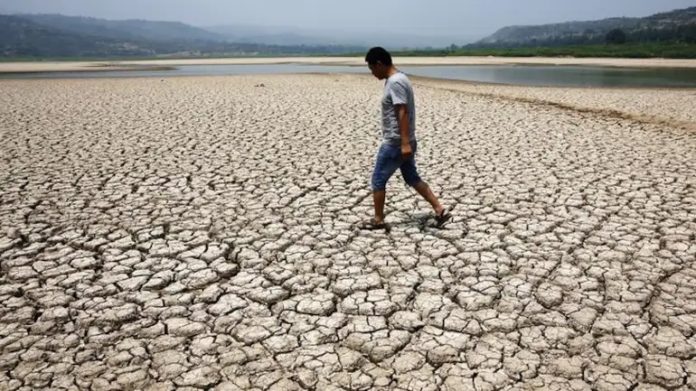New Delhi (NVI): Amid growing concerns over climate change and increasing temperatures, a new study indicates that summers in the Northern Hemisphere could last for six months by 2100 and global warming is the reason behind this seasonal shift.
Furthermore, without efforts to mitigate climate change, it could have far-reaching impacts on agriculture, human health, and the environment.
The study, published in the journal Geophysical Research Letters, found that the Mediterranean region and the Tibetan Plateau have experienced the greatest changes to their seasonal cycles.
“Increasing evidence suggests that the length of a single season or in regional scales has changed under global warming, but a hemispherical-scale response of the four seasons in the past and future remains unknown,” it stated.
The researchers noted that the four seasons arrived in a predictable and fairly even pattern in the Northern Hemisphere during the 1950s.
However, climate change is now driving dramatic and irregular changes to the length and start dates of the seasons, which may become more extreme in the future under a business-as-usual climate scenario, they added.
This can also potentially cause huge disruption to ecosystems that are often finely balanced in terms of timings and temperatures.
“Summers are getting longer and hotter while winters shorter and warmer due to global warming,” the study’s lead author, Yuping Guan, from the Chinese Academy of Sciences said.
The researchers used historical daily climate data from 1952 to 2011 to measure changes in the four seasons’ length and onset in the Northern Hemisphere.
They found that summers were longer on average from 78 days to 95 days from 1952 to 2011, and winter shrank from 76 days to 73 days.
Also, the study revealed that spring and autumn shrank by 9 days and 5 days respectively.
Concluding the study, researchers said that if global warming continues at the current rate, the risks to humanity are only going to get more severe over time — and the changes are already happening.
Humanity is already experiencing the wrath of climate change in the form of extended heatwaves and extensive wildfires, changing migration patterns, which further affects the food chain.
-CHK








